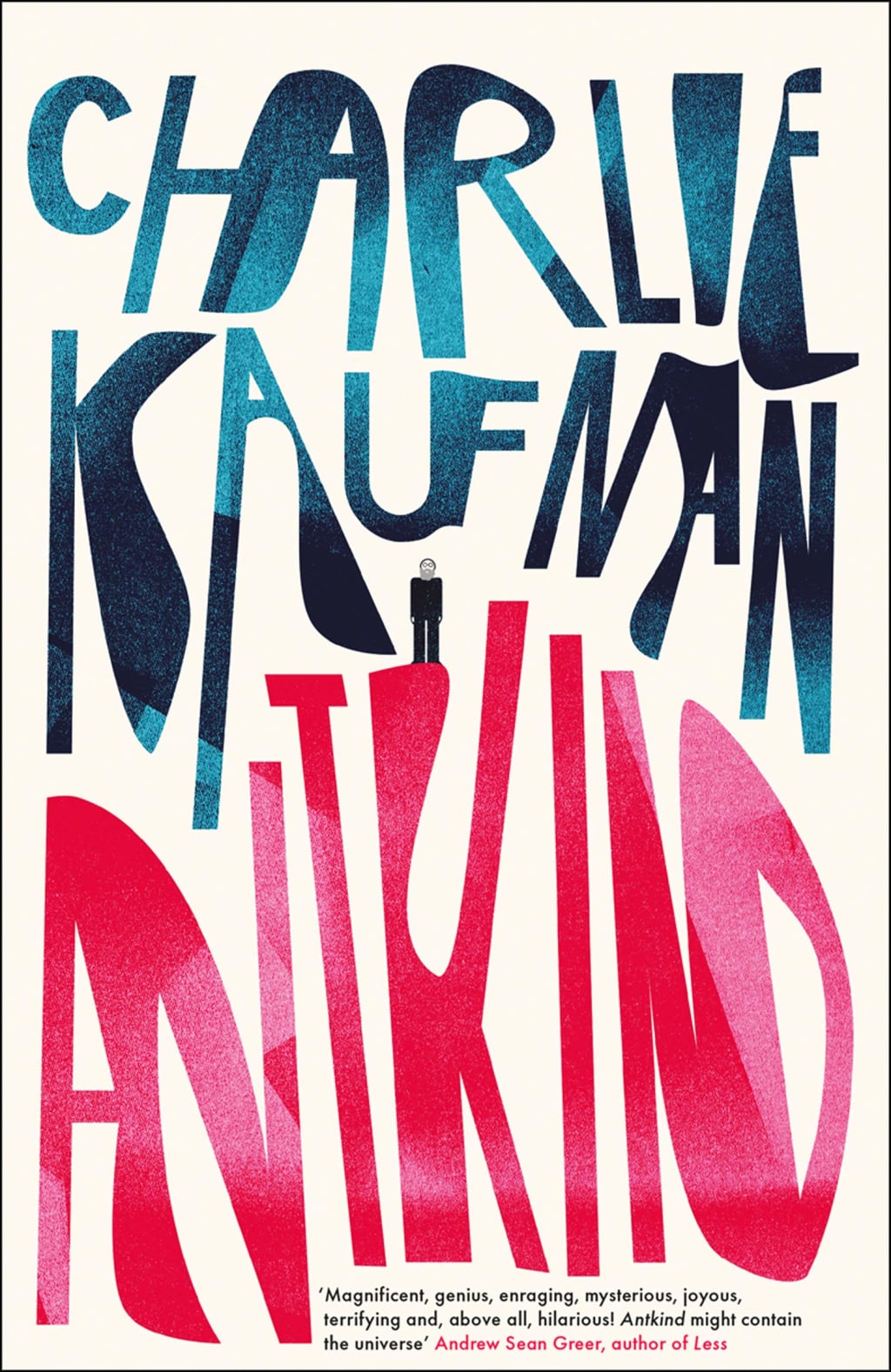Book Review: "Antkind" by Charlie Kaufman
3/5 - A shaky start for the director behind "Synecdoche, New York"

The debut novel by the director behind one of my all-time favourite movies - “Synecdoche, New York” - has come to light and though it may not be a great work of fiction, it is definitely an interesting one for the beginning of the book does not reflect the middle and again, the middle does not reflect the end. The writing style that pervades through the novel changes as the character encounters more details of his own personality mixed with this ‘lost film’ discovery of stop motion animation of puppets that we see come from a friend of an old age. The book on the whole is a great discovery for post-modern pseudo-biography, but in terms of interest, it leads back and forth on a scale of moderately immersive to flat-out boring. Though the language style is often diverse and packed with second meanings, I fear that the character os Rosenberg himself is a cliché of the now cookie-cutter character given to us in pieces by Chuck Palahniuk’s “Fight Club” and was practically perfected by Bret Easton Ellis in his novels “Less than Zero” and “Imperial Bedrooms”. On the whole, the book is average in its approach to being a post-modern novel, great in its attempt to be a linguistic roller coaster, and terrible in its attempt to create a character that is both believable and someone the reader would care about enough to read such a long book on their ramblings and references.
The first advantage that I have already eluded to is that Kaufman’s use of language is polished brilliance. For example, we take a scene of a head exploding in the mind of the protagonist, the death of one of the known characters (whom I will not reveal) seems more gruesome as a side-view than it would have probably been in real life. Not only does this let us into some aspect of the character himself, but it allows the reader to visualise to a great degree. This is something that the text honest does very well - it helps imagination through vast and often heavy descriptions fuelled by strange nightmares of the characters involved. The worst case scenarios are often imagined up by the author, but making them relative to the character turns what should be a redemptive quality of being careful into something that kind of falls flat as he is already a major depressant of the narrative.
Another advantage of this novel is that by the end of it, you feel almost spiritually enlightened. The last half of the book is not very strong, but the ending is something that will leave you scratching your head forever. It reminds me of the ending to Malcolm Lowry’s “Under the Volcano” - you don’t really know what’s happened but then again, you don’t really want to know. Like in Nolan’s “The Prestige”, you want to be fooled. You want to be left confused and not know. This works in two different ways. Since we do not really know the character on a deep emotional level apart from his ability to be entirely depressing at the best of times, we get an ending that is satisfactory of that character, but we also get an ending that works as a propellant for questioning. Even though what we know about the character fits with the ending, the ending does not fit with our reality. That is really the main takeaway from the closing chapter to the book.
The disadvantage of the book that I often found to be the main problem about the text as a whole was its inability to create a grab from the beginning. In the beginning, we see a man in his fifties with a beard. Yes, that is all well and good but there is nothing drawing me to question the character. If I was sitting in a room with this man, I want to know aspects of his personality that would lead me to become interested in his life experiences. To me, none of that was there. The beginning of the text felt a bit empty and a bit shallow for me. But, do not be put off because it does pick up in the midst of the text. It is only in the beginning that we see this cliché I was referring to in the beginning of this review in which the character is this middle-aged discontented male who, when falling swiftly into the upper-working and lower-middle class, thinks his personality of film and rage are unique and different though, they are not as edgy as he actually believes for this cookie-cutter persona has been a repetitive instinct of every Quentin Tarantino copy-cat since the dawn of Jackie Brown.
All in all, I would say that reading this book teaches you a lot more about the styles of post-modernism than not reading this book does. Everyone is entitled to their own opinion about the text and mine is that though it is very good in its style, it doesn’t do anything new and hasn’t brought anything extravagant or extraordinary to its genre.
About the Creator
Annie Kapur
200K+ Reads on Vocal.
English Lecturer
🎓Literature & Writing (B.A)
🎓Film & Writing (M.A)
🎓Secondary English Education (PgDipEd) (QTS)
📍Birmingham, UK






Comments
There are no comments for this story
Be the first to respond and start the conversation.